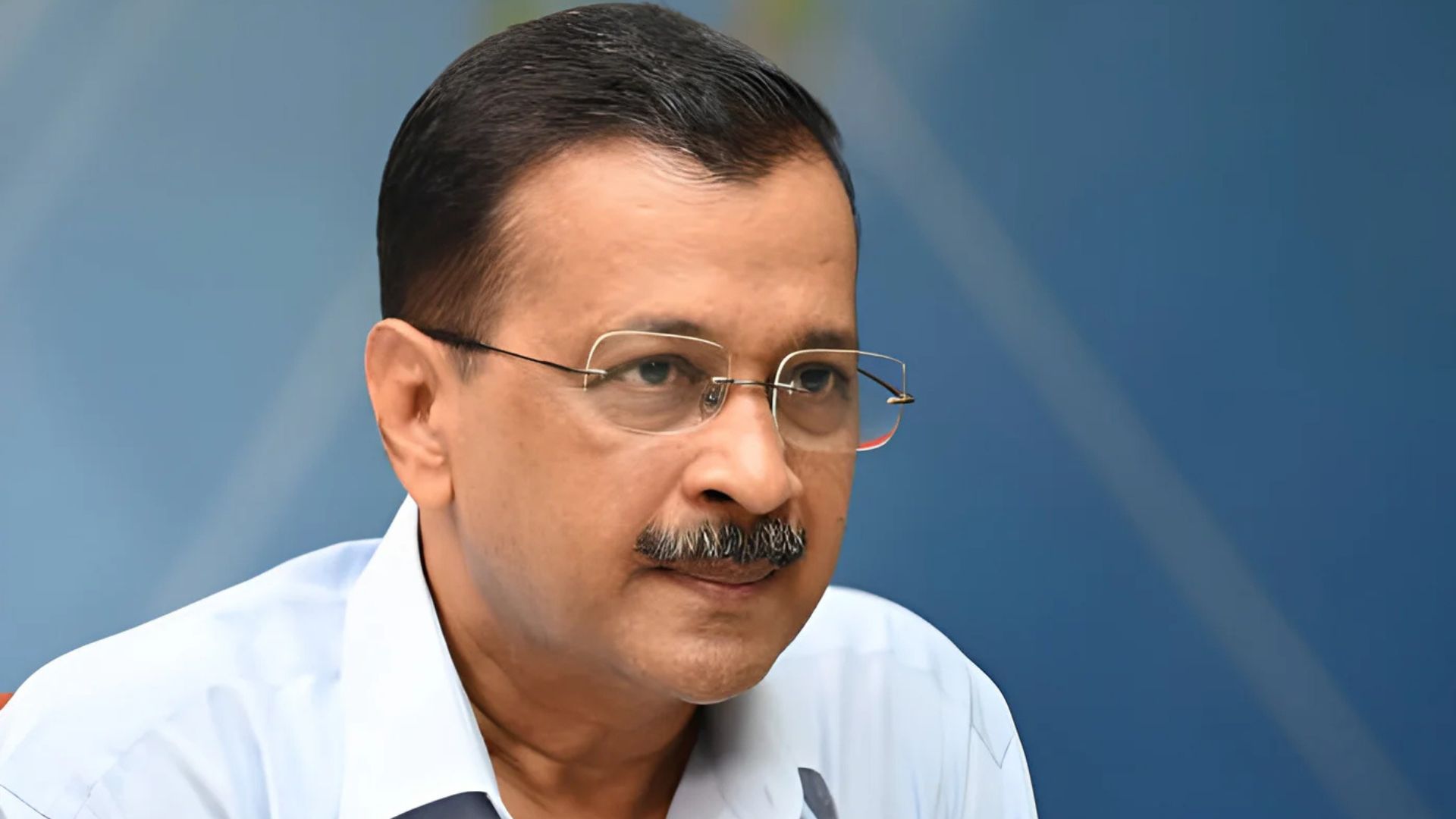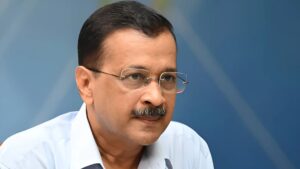The Rouse Avenue Court in Delhi has extended the judicial custody of Chief Minister Arvind Kejriwal until August 27, 2024, in connection with the Central Bureau of Investigation (CBI) probe into the Delhi excise policy case. Special Judge Kaveri Baweja scheduled the matter for further hearing on August 27, the same day the court will review the Enforcement Directorate’s (ED) supplementary chargesheet filed against Kejriwal and others.
Senior Advocate D.P. Singh represented the CBI in the hearing. Last week, the Supreme Court issued a notice to the CBI seeking its response by August 23 on Kejriwal’s bail plea and his challenge against the Delhi High Court’s order upholding his arrest in the corruption case.
A bench comprising Justices Surya Kant and Ujjal Bhuyan refused to grant interim bail to Kejriwal despite arguments from his counsel, Senior Advocate Abhishek Manu Singhvi, who cited health grounds. The bench stated, “We are not granting any interim bail. We issue notice.”
Singhvi argued that Kejriwal was granted interim bail on three occasions in the related money laundering case, despite the stringent provisions of Section 45 of the Prevention of Money Laundering Act (PMLA). He questioned why Kejriwal was being denied regular bail in the CBI case, which is governed by the less stringent Prevention of Corruption Act, terming Kejriwal’s arrest by the CBI as an “insurance arrest.”
The Supreme Court was hearing Kejriwal’s plea challenging his arrest and a separate bail plea. Earlier, on August 5, the Delhi High Court had upheld his arrest, deeming it “legal.” The court dismissed Kejriwal’s challenge against his arrest, stating that the CBI proceeded only after gathering sufficient evidence and obtaining the necessary sanctions in April 2024.
The High Court’s order highlighted concerns that Kejriwal could influence witnesses, noting that several witnesses came forward only after his arrest. It emphasized that Kejriwal, being a distinguished public figure and recipient of the Magsaysay Award, could potentially exert significant control and influence over witnesses.
Kejriwal was first arrested by the ED on March 21, 2024, as part of a money laundering investigation linked to alleged irregularities in the now-cancelled Delhi excise policy of 2021-22. Subsequently, on June 26, 2024, the CBI arrested Kejriwal while he was still in ED custody.
The court will now take up the matter on August 27.













